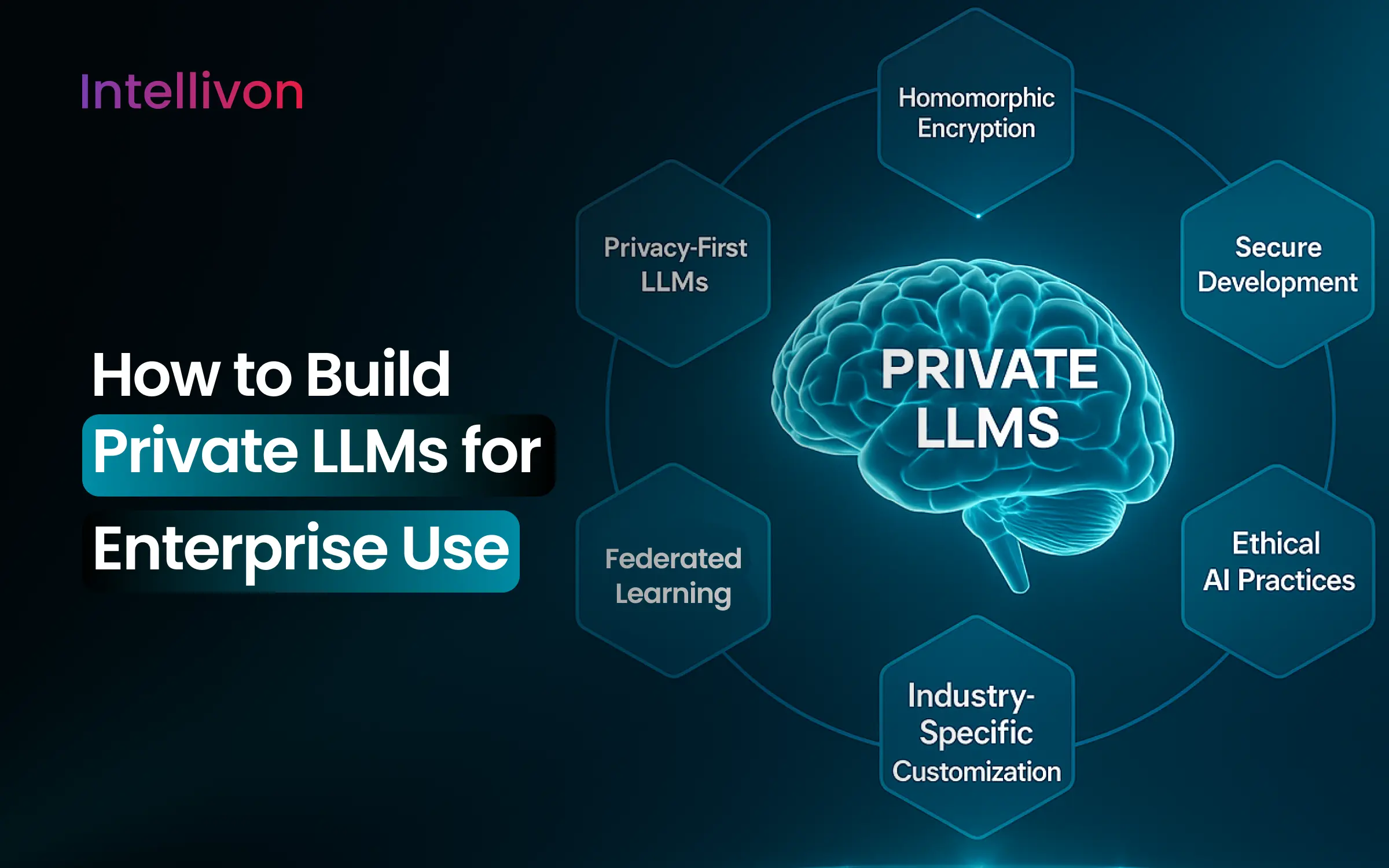Top Enterprise AI Trends in 2025
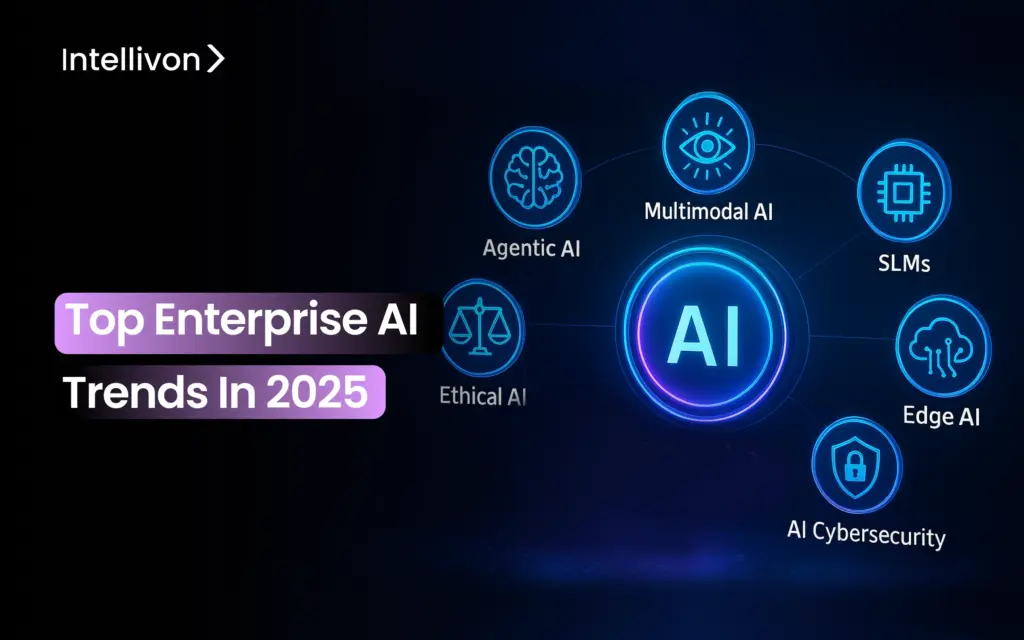
In the current context, AI has moved beyond automating mundane tasks to include influence over the way enterprises think, decide, and compete. The most advanced
Custom AI Chatbots VS Pre-Made Chatbots for Enterprise
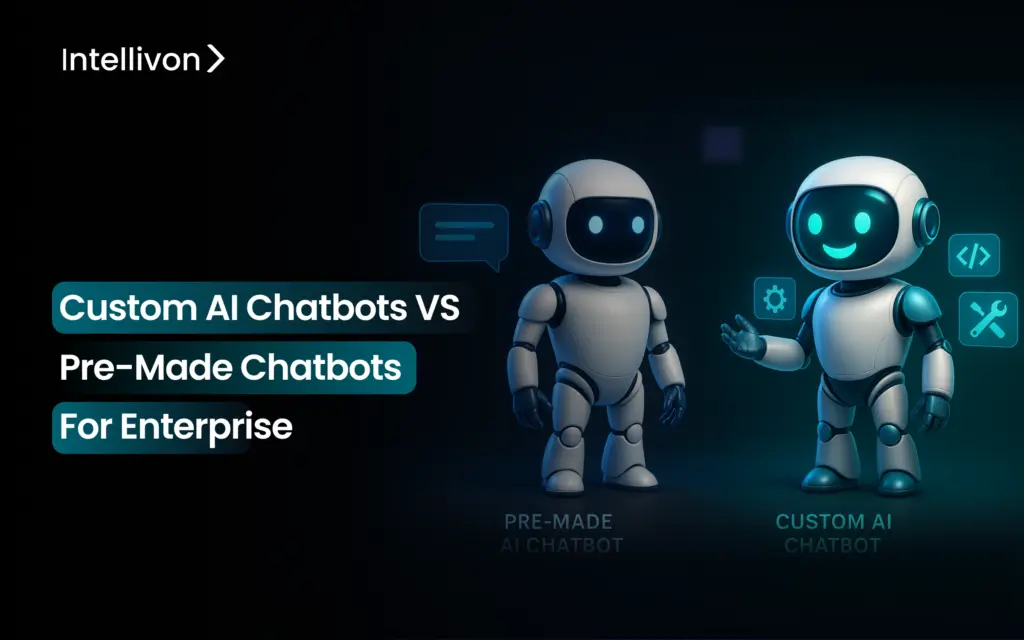
As businesses grow and customer expectations rise, AI chatbots are becoming a must-have tool for improving efficiency and customer service. In fact, 80% of businesses
Why Enterprises Need Private AI Systems
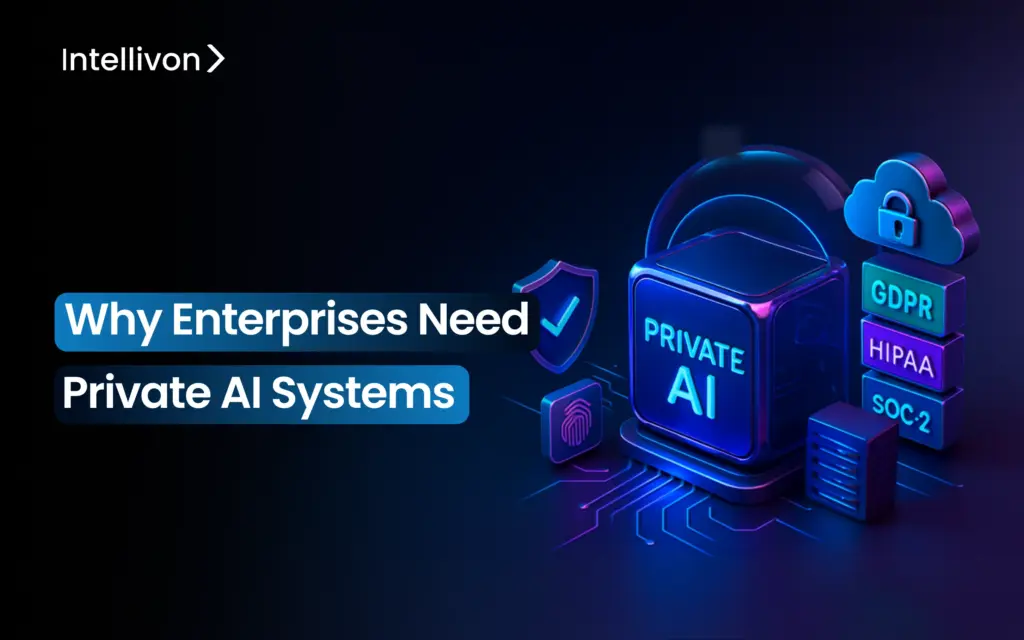
What if your enterprise’s confidential data became the training data for your competitor’s AI? This is a very real risk in today’s business world. As
Off-the-Shelf or Custom? Choosing the Best LLM for Your Enterprise
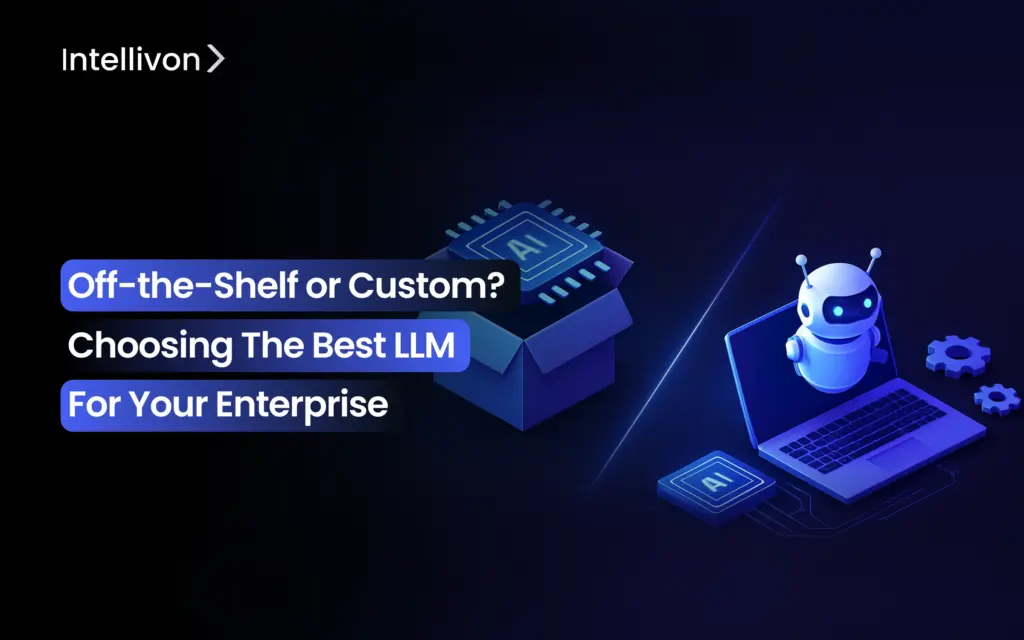
As AI continues to transform industries at an exponential pace, large enterprises are facing a critical decision: Should they opt for off-the-shelf LLMs or invest

